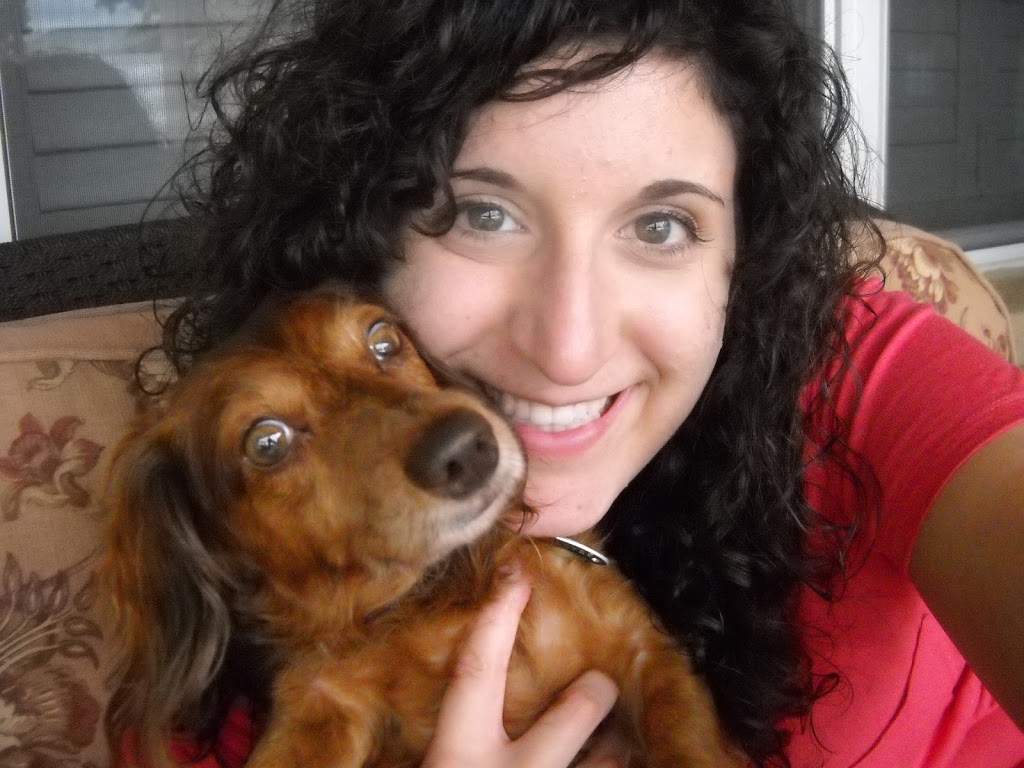This post originally appeared in Sept., 2010.
On my way to school last night, I got annoyed at a few other drivers.
When don’t I?
But last night, while I headed to school for a test in psychopathology, a couple cars ahead drove too slowly. A couple other cars hit the brakes too hard in front of me. All the way through the hour-long drive, I tried not to let it bother me. Instead, I tried to think about all the things that might be on my test.
In the class, we’re studying the diagnosis and treatment of mental illness. So, personality disorders and anxiety disorders and psychotic disorders. (And I could actually go on for awhile — it’s a long list.) Here and there, we also get into theories, like attachment theory — the styles of connection between an infant and his or her mother and how they affect the grown up person the baby becomes, and attribution theory — whoa.
While I drove, attribution pushed me into a little more self awareness.* Simply, the theory says a person attributes his or her own behavior to his or her circumstances and a person attributes other people’s behavior to other people’s personalities.
In other words, “It’s not me. It’s you.”
It’s why when I drive slowly, it’s not my fault but when you are a driver in front of me and you drive slowly, it’s because you are inept.
Clearly, that belief is false (most of the time) (don’t lie — some people can’t drive.). But how few among us don’t think it all the time? If I forget something, it’s because other people are pulling me in too many different directions. You forget something, and I ask, “What is wrong with you?”
What’s wrong with all of us? We want to believe that when I drop the ball, it’s your fault and when you drop the ball, it’s your fault.
And I must say. When “you” drop the ball that much, it’s really hard to love you. But it takes the blame off the one around whom the world revolves (Ha! We humans. So funny.).
How different a day would be if only we’d admit that sometimes, it’s actually not you. What if I choose to believe the slow drivers are slow because of their circumstances — they’re lost, for instance — and not because their number one goal in life is to make me late?
I can empathize with being lost; I cannot empathize with rudeness. Why assume the worse when there’s no way to know which is the case?
Going with the one that doesn’t make my blood pressure go up might make my hour-long drives more pleasant. And if we all do it, it might make the world a better place.
– – – –
*Getting a degree in mental health will do that to you. I highly recommend it.




